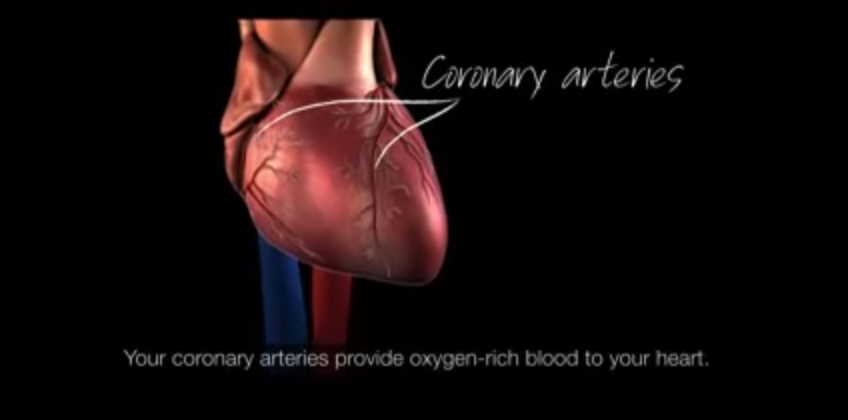Causes of Heart Disease: What Is Angina?
What is Angina?
Coronary arteries supply blood to the heart muscle. Like all other tissues in the body, the heart muscle needs oxygen-rich blood to function.
Any coronary artery disorder or disease can have serious implications by reducing the flow of oxygen and nutrients to the heart muscle. This blockage causes pain in the chest.
Angina is not a heart attack. It is a warning signal that you are at increased risk of a heart attack.
Angina can be Stable or Unstable.
Although stable and unstable angina have similar symptoms, they differ in terms of severity and when the symptoms occur:
Stable angina is a clinical syndrome of chest pain produced by increasing cardiac work or under emotional stress . The pain is usually relieved with rest or medication. Attacks of Stable angina rarely last for more than a few minutes.
Unstable angina or sometimes referred to as acute coronary syndrome causes chest pain that is unexpected and, usually occurs while resting, is more severe, and last longer. Unstable angina may progress to a heart attack and should be treated as an emergency.

via What Is Angina?.




